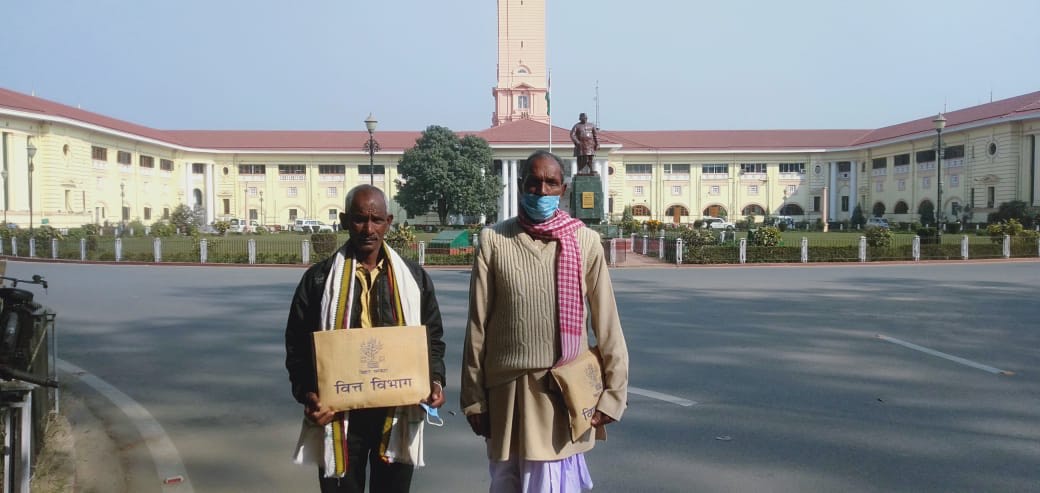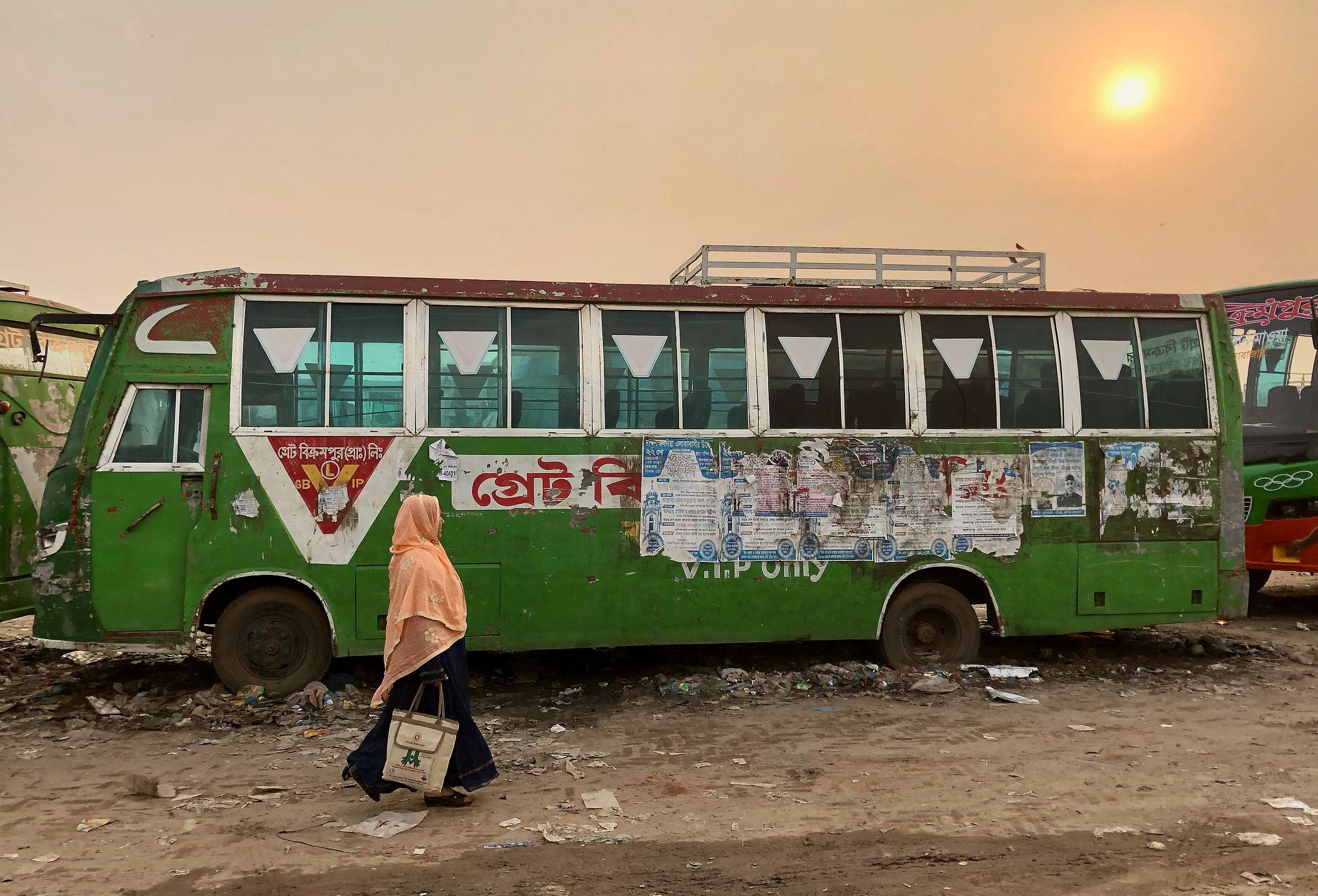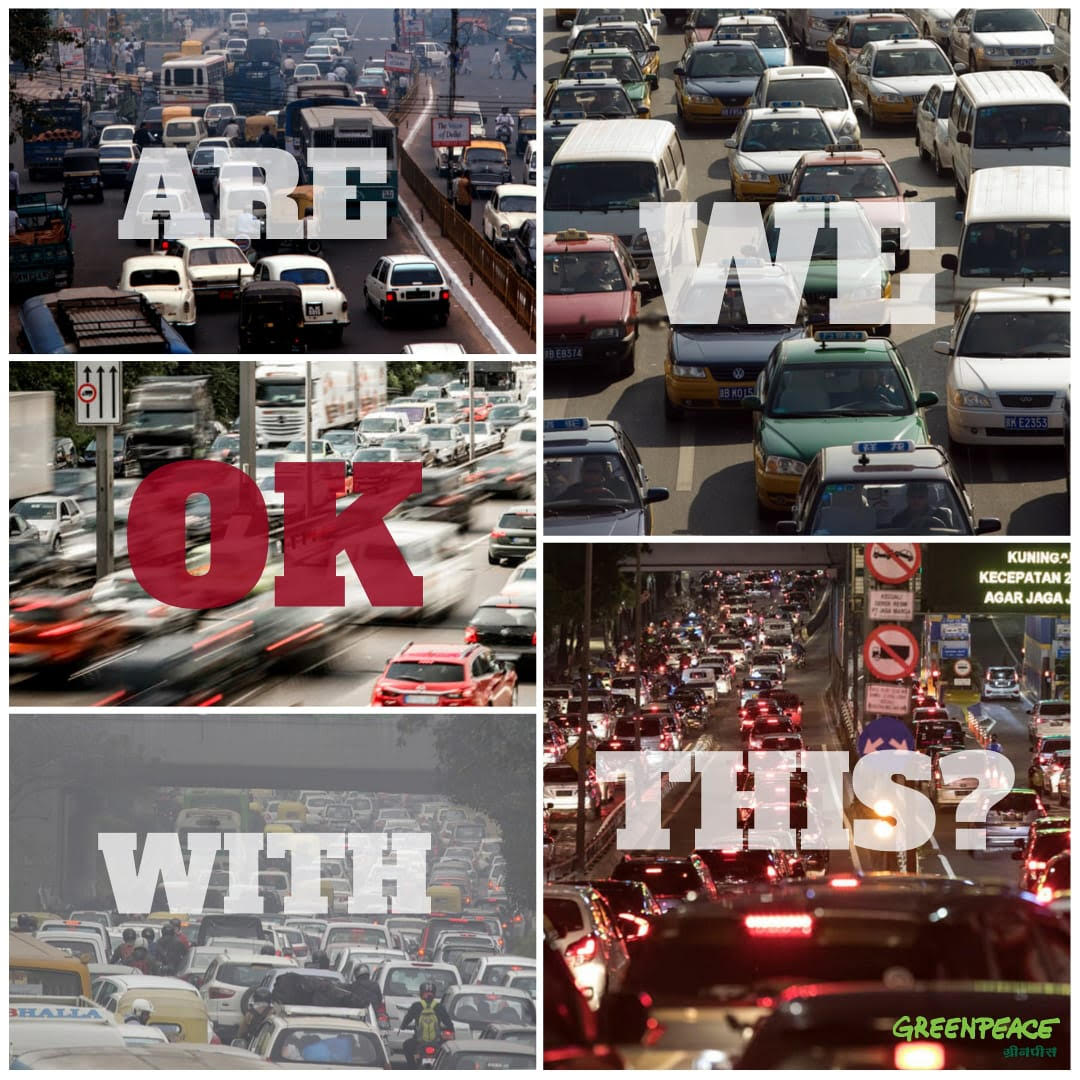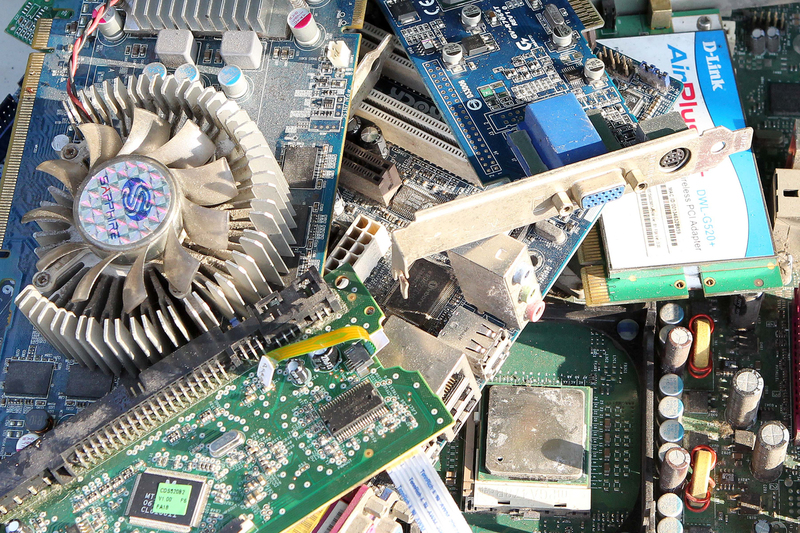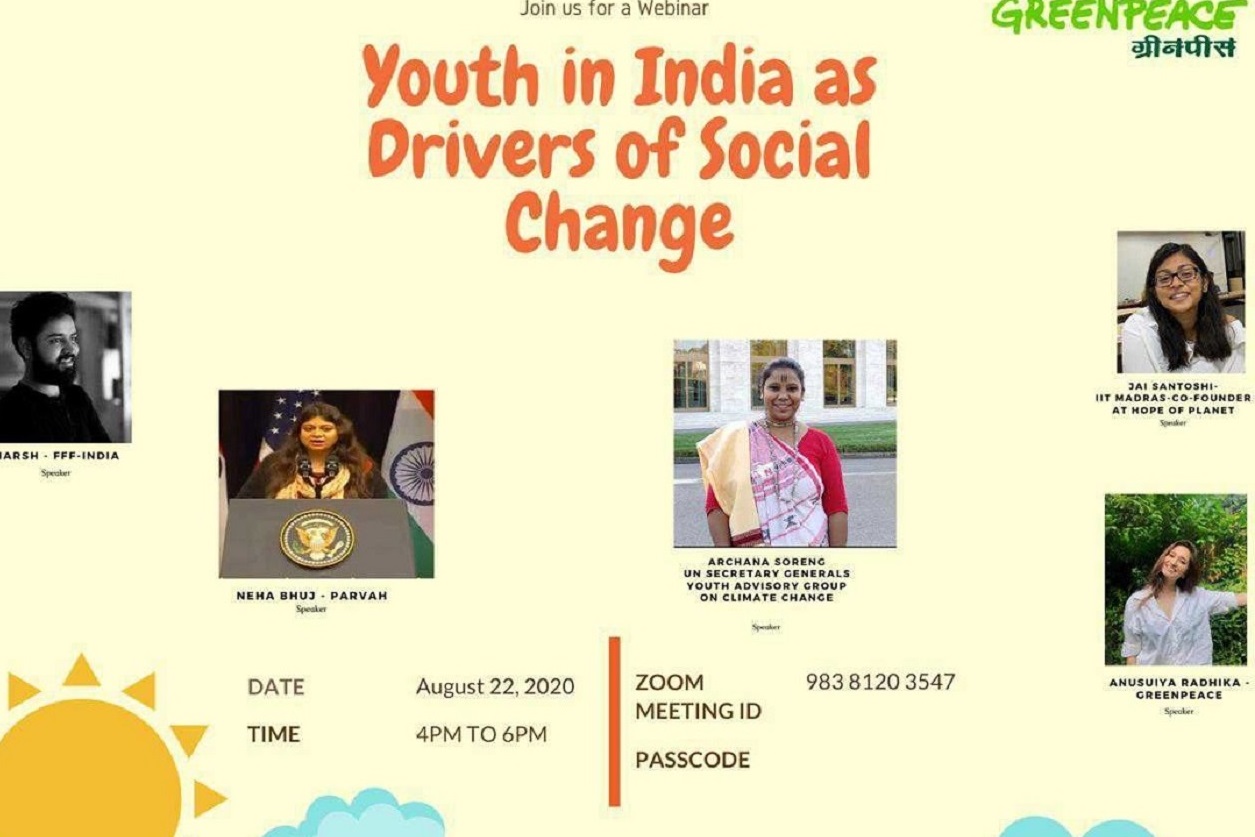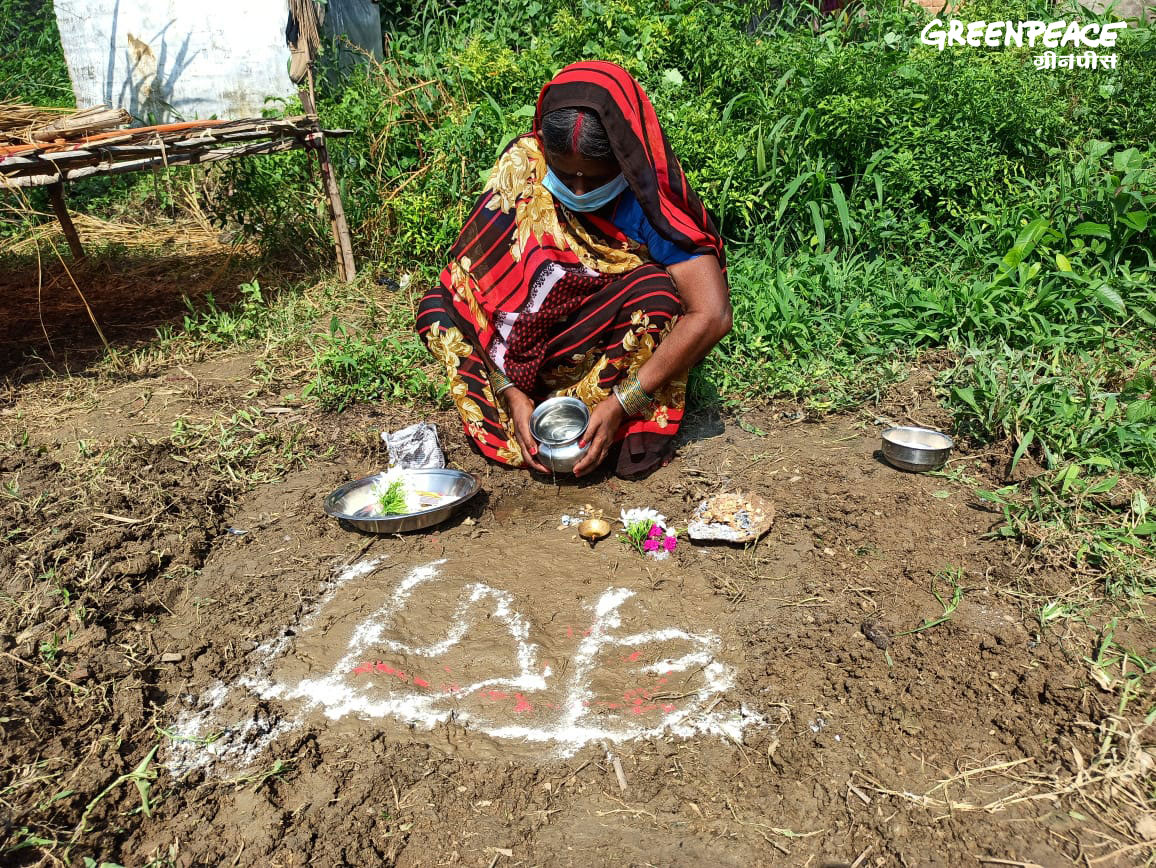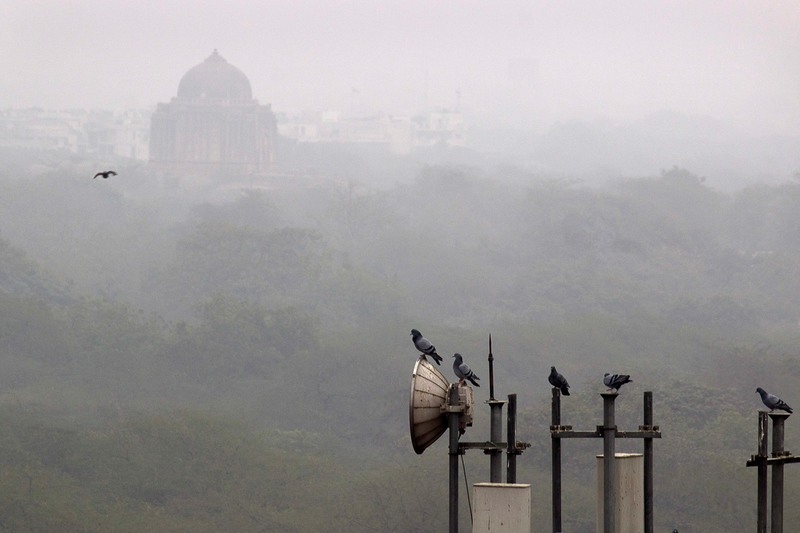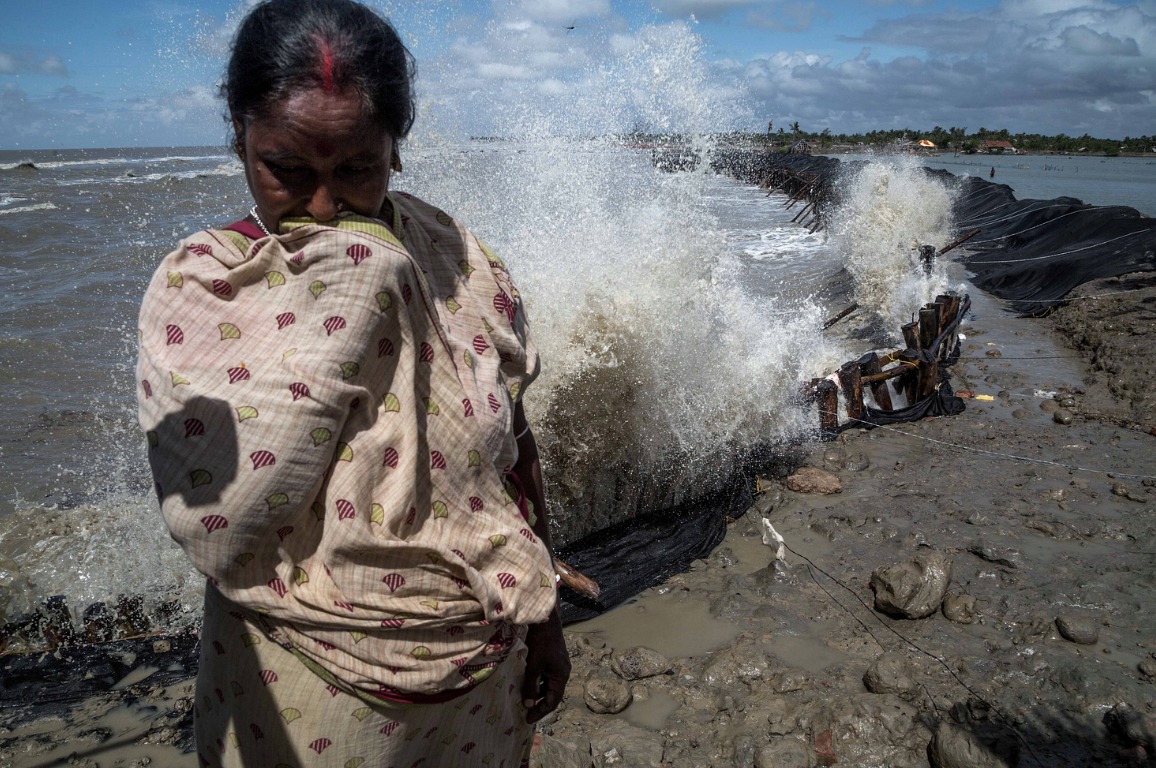-
22 out of 30 most polluted cities in the world belong to India, Delhi shows marginal improvement: IQAir
Indian cities have shown an overall improvement of 63% over 2019 average
-
“Let’s protect the food system from climate change”, sustainable farmers from Jamui urge Bihar Government
“I am delighted to be part of the pre-budget consultation meeting organised by the Government of Bihar. We are here to represent the organic farmers of Bihar. The fact that…
-
A CASE FOR THE FEMINIST CITY
It is a common sight to walk out of a metro station in Bengaluru and come across swaths of ‘smart’ bikes and cycles for the convenience of last and first-mile…
-
Bengaluru’s #Steelflyoverbeda activist talks sustainable mobility
There will always be a certain number of people using cars and two-wheelers. The idea is to decrease the relative modal share of ‘personal’ and ‘private’ transport and increase the share of non-motorised and mass public transport over years.
-
Thousands of Indian citizens urge the government to implement Green recovery plans
29174 citizens across the country have endorsed and collaborated in the Green Recommendations initiated by Greenpeace India
-
Why India’s E-waste Should Worry Us
October 14th is International E-waste Day. In the last five years the world has witnessed a staggering 21% rise in e-waste generation. India is the third largest producer of e-waste globally with China and US topping the list.
-
Locating youth in India – understanding them, their dreams, aspirations and possibilities
Speakers stresses that pandemic must be a reminder for the society and policymakers to design policies and adopt sustainable lifestyles that together moves us towards better
-
#BiharEarthDay: Ecological farmers express their gratitude towards the mother earth
Ecological farmers tie rakhis to trees, cattle, wells, and other natural elements to acknowledge their importance in sustainable agriculture
-
Despite a strict lockdown, Delhi’s economy estimated to lose 5.8% of the city’s annual GDP due to air pollution in the first half-year
(Research shows that long-term air pollution exposure increases the risk of severe COVID-19 infections and death)
-
Cyclon Amphan leaves trails of destruction, hardens struggle amid COVID
(Greenpeace Intern presents testimonies from the cyclone-affected Sunderbans)


